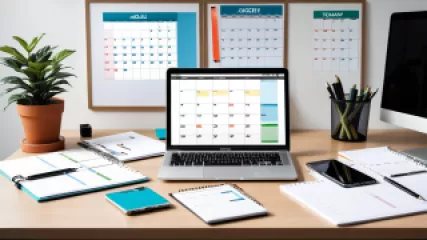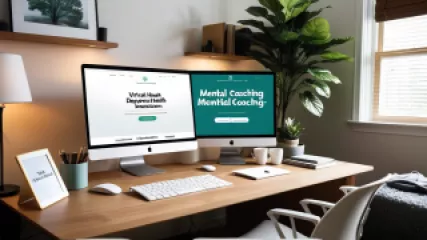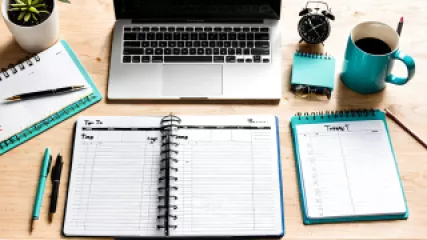In the quiet moments between thoughts, we often find our true selves. My name is Dexter Rice, and I've dedicated the last 16 years to helping individuals rediscover their peace within these quiet moments. Through the gentle art of mindfulness and reflection, I've guided many through the storms of stress and depression, towards a haven of self-help and understanding.
Imagine a place where your thoughts don't race, but rather float by like clouds on a serene day. This is the mental space I aim to help my clients discover. It's not just about coping strategies or temporary fixes; it's about fundamentally altering your relationship with your thoughts and emotions. In our sessions, we'll embark on a journey inward, using mindfulness as our compass.
My approach is deeply personal and reflective. I believe in the power of listening—not just to the words spoken but to the silence between them. It's in this silence that we often find the keys to unlock our deepest fears and challenges. I pride myself on creating a therapeutic environment where these silences are not awkward but filled with potential for discovery and growth.
Stress and depression, while daunting, are not insurmountable. They are, in fact, gateways to deeper self-understanding. With every session, we peel back layers, revealing not just the roots of these feelings but also the strength and resilience that lie within you. It's a process that doesn't shy away from the shadows but instead brings light to them, transforming self-doubt into self-help.
The journey of therapy is unique for every individual, and there's no one-size-fits-all solution. That's why I tailor each session to meet you where you are, incorporating practices that resonate with your personal experience. Whether it's through breathing exercises, reflective journaling, or mindfulness meditation, the tools we use will empower you to navigate your own path to wellness.
As we walk this path together, my role is not to lead but to accompany you, offering insights and perspectives when needed. The goal is not merely to emerge from the fog of stress and depression but to recognize that you have always had the ability to navigate it. In unlocking this power, you'll find not just relief but a profound sense of self-reliance and peace.
I look forward to the possibility of walking with you on this journey of reflection, discovery, and growth. Together, we can explore the serene landscapes of your inner world, finding clarity and calm amidst the chaos of life.









